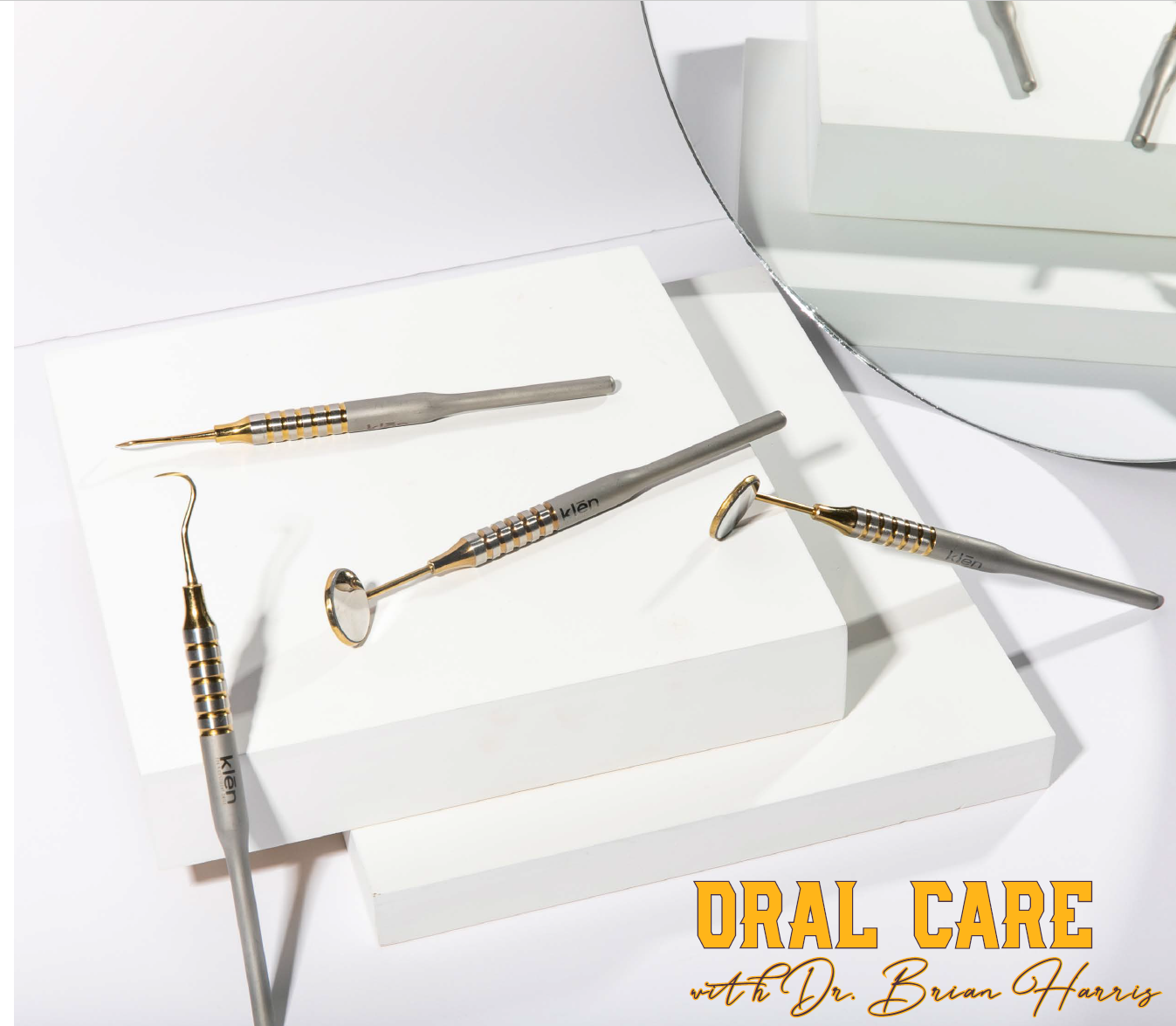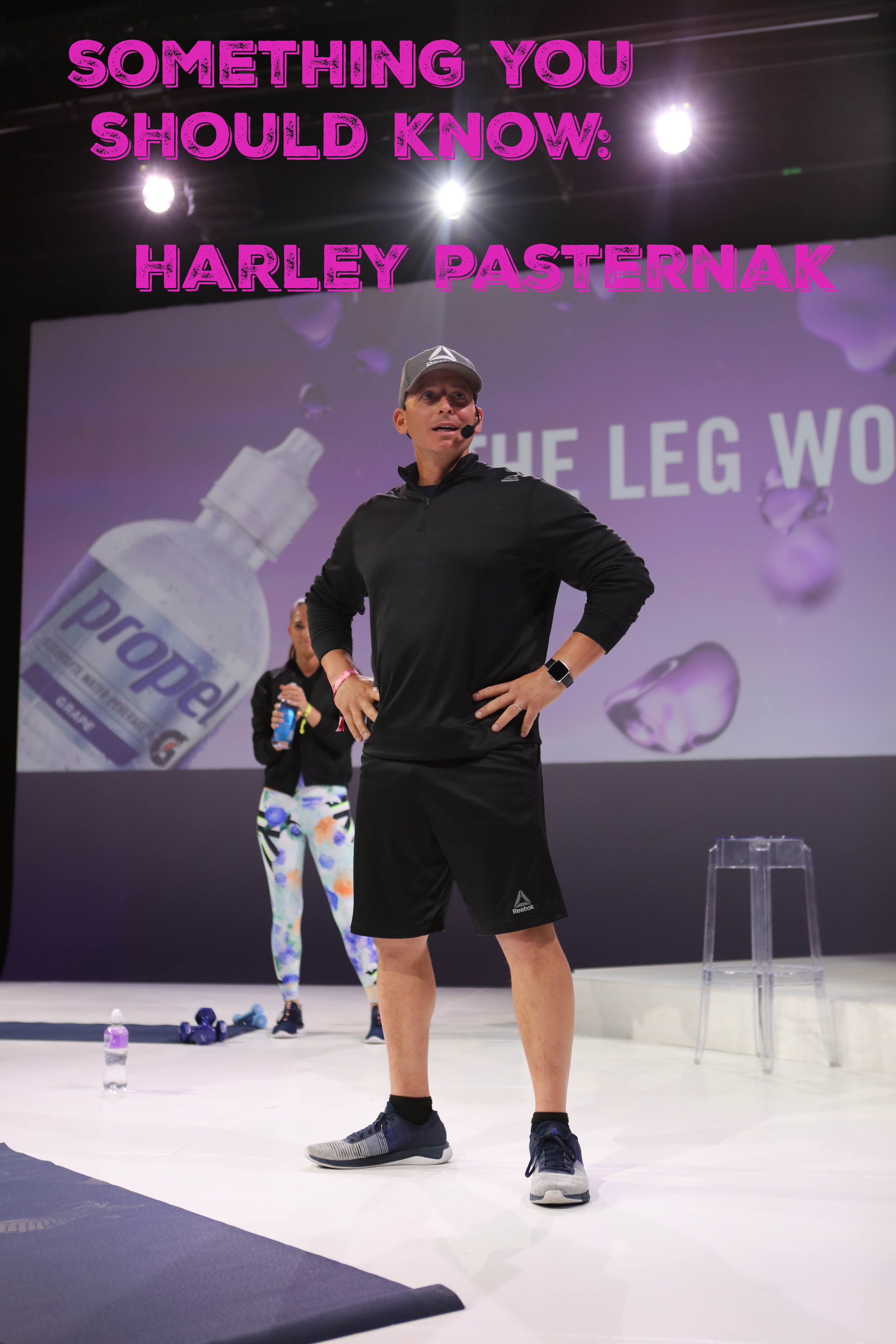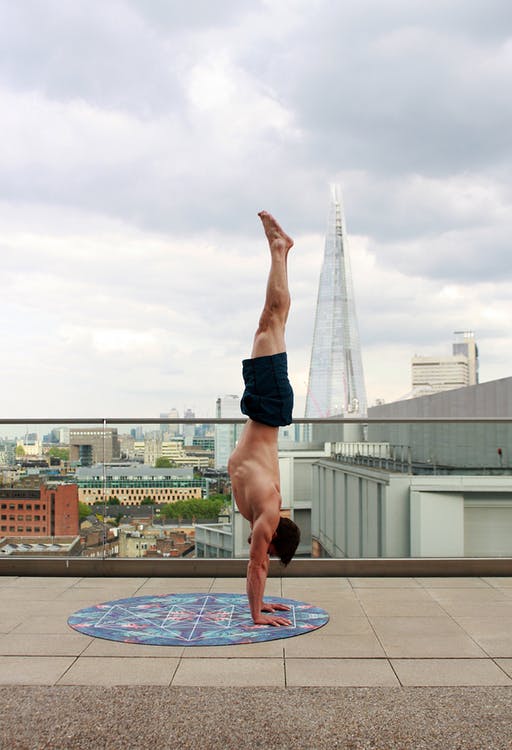We had an interesting conversation with Dr. Christopher Robinson a physician and partner at Charleston Maternal Fetal Medicine and Jessica Caron about Inflammatory Bowel Disease and the IBD Parenthood Project. We talked about what you need to know, myths and the importance of having clinicians that can help those who are involved in this journey.
ATHLEISURE MAG: What is Inflammatory Bowel Disease?
DR. CHRISTOPHER ROBINSON: So Inflammatory Bowel Disease is a medical condition that is faced by 1.6 million people in the United States. It’s important to note that half of those people that are affected are women. So as a result, reproductive care comes into this discussion when you’re talking about Inflammatory Bowel Disease. Usually, we think of two conditions primarily – Crohn’s Disease and Ulcerative Colitis as being key contributors to the diagnosis of Inflammatory Bowel Disease
AM: Why is this such a concern for those that are thinking of having children?
DR. CR: We know that planning a pregnancy and getting ready for having a pregnancy – control of a medical disease is important for a healthy mother and a healthy baby. It also assists that mom in going through that pregnancy from having complications that may occur. This is the same for Inflammatory Bowel Disease where recurrences from Inflammatory Bowel Disease contributes to things like smaller babies, babies that may experience a preterm birth, and that may expose the family as well as the baby to increased risk. So one of the key features here is to really control the disease process so that the pregnancy can proceed normally. That’s why we are here and why we have developed this tool kit for providers as well as patients.
AM: So what is this tool kit and how does it prepare those that are preparing to have children?
JESSICA CARON: The tool kit available to moms online at IBDParenthoodProject.Gastro.org is a great place that captures a lot of the misconceptions that women may have about pregnancy and parenthood with some advice for them as well as information for them to share with others while they are making their decision. As well as a checklist that they can use when they are talking to their clinician to make sure that they address all the things in preconception, pregnancy, and even post-natal – breastfeeding etc.
AM: What are the common myths that people have about IBD and planning their pregnancies?
JC: Some common myths can even be – can I even get pregnant with IBD? In fact, women can and do get pregnant with IBD and can do so with healthy ways when they are in remission. Another misconception is, are my medications safe throughout pregnancy and in fact most medications are. I don’t know if you have anything else that you wanted to add to this?
DR. CR: I think it’s one of the very first things that women focus on – am I going to be able to have a healthy pregnancy and then medications that they are taking – are they compatible with a healthy pregnancy? In deed, often times they are healthy and they are actually also beneficial in achieving remission such that the pregnancy can continue normally. So one of the key features that we see in patients is that they initially questioning the safety of continuing their therapy which is keeping them in remission during pregnancy for fear that it may harm the baby.
AM: So what should these women know that do have this condition before they begin to think about becoming pregnant? Will looking at this website give them the information that they need before they begin their next steps when they are in the beginning phases of considering?
DR. CR: It absolutely will! For instance, one of the simple things is starting a pre-natal vitamin – one that has folic acid that reduces the risk of fetal abnormality with things such as spine defects, heart defects and sometimes even clefts in the face. All that can be improved through just taking a vitamin. The other things is actually just opening a dialogue. One thing is that fear can come out of a lack of knowledge. One thing that we are trying to do is to arm women and to arm their providers with reliable information that has been adjudicated and evaluated by both the American Gastroenterological Association as well as the Society for Maternal Fetal Medicine. So they can rely on this information and use it together to create an optimal plan. I think that this will be very helpful in opening a dialogue for these women.
AM: What is a Maternal Fetal Medicine Subspecialist and why is it important to have one early on in the pregnancy process?
DR. CR: So a Maternal Fetal Medicine Subspecialist (MFM) is actually a person who has gone through the formal training to be an Obstetrician and Gynecologist just like an OBGYN; however, they have gone through an additional 3 years of training specifically targeting the management of complicated medical disease, surgical disease or any problems that may come up in utero and how to manage those conditions. So they are really the high risk specialists that can take care of women who have medical disease that is also present at the same time that they are planning to have a baby. So they are uniquely qualified to handle those patients and to make those decisions about medications that are safe, medications that should be avoided as well as looking at the entire picture of how to get that woman from planning a pregnancy to all the way through delivery as well as decisions about lactation. And not to be left out, this also includes decisions about contraception. What are the best ways to plan on when one should have a baby and what kinds of contraception should they be considering.
Read the latest issue of Athleisure Mag.



























![DSC_3133[3].JPG](https://images.squarespace-cdn.com/content/v1/55982406e4b014bac5e42764/6ceb9e82-fe18-4e43-ac88-2887e52481bd/DSC_3133%5B3%5D.JPG)





















































